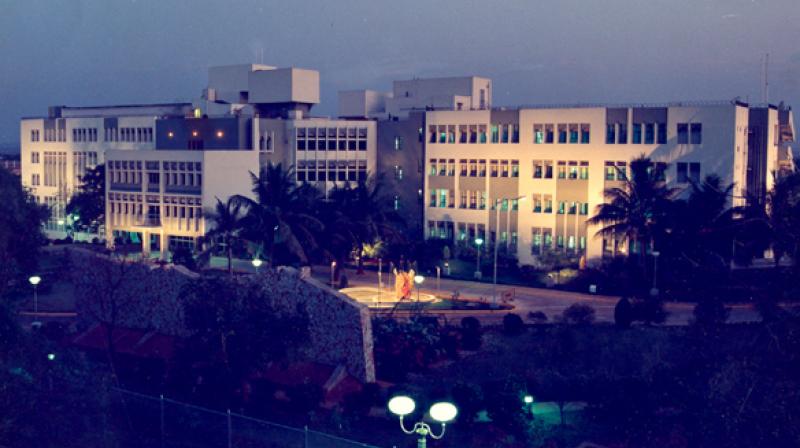CCMB working on ‘clean meat’
The CCMB will carry out the research in collaboration with Humane Society International/India (HSI/India).

Hyderabad: The Centre for Cellular and Molecular Biology (CCMB) and the National Research Centre on Meat will be carrying out research on cell-based meat, funded by the Union department of biotechnology. The CCMB will carry out the research in collaboration with Humane Society International/India (HSI/India).
Cell-based meat, also called clean or cultured meat, is nutritionally equivalent to animal meat, and tastes, smells, looks and feels the same. The only difference lies in the method of production. Rather than raising and slaughtering animals for meat, cell-based meat is produced through cellular agriculture, wherein cells are sourced from an animal and cultivated.
This new method of producing meat shows a strong promise of revolutionising the food system owing to its abilities to tackle pressing global issues such as food security, environmental sustainability, and animal welfare. CCMB director Dr Rakesh Mishra said, “The CCMB has been allotted funds to develop technology to escalate the laboratory cell culture process to scalable cell-based meat production. This funding is a major initiative in life sciences.”
The CCMB will have to establish a multi-stakeholder think-tank that represents expertise in new approach methodologies. The urge worldwide is to forge partnerships for better flow of knowledge, and support for research and open-access publication of literature.
Cell-based meat is being termed as the next agricultural revolution. Researchers have been critically assessing the validity and reliability of data obtained from animal experimentation to predict human outcomes and develop a better understanding of human physiology.
New approach methodologies that do not involve the use of live animals are demonstrating more human relevance and thus promise improved outcomes for human health protection and medical interventions.
This collaboration envisions a future for India to become a key player in 21st century biomedical and toxicological research through investment, capacity building, and policy level changes.
The call is to make provisions for clean meat with sustainable nutrition for future generations.

